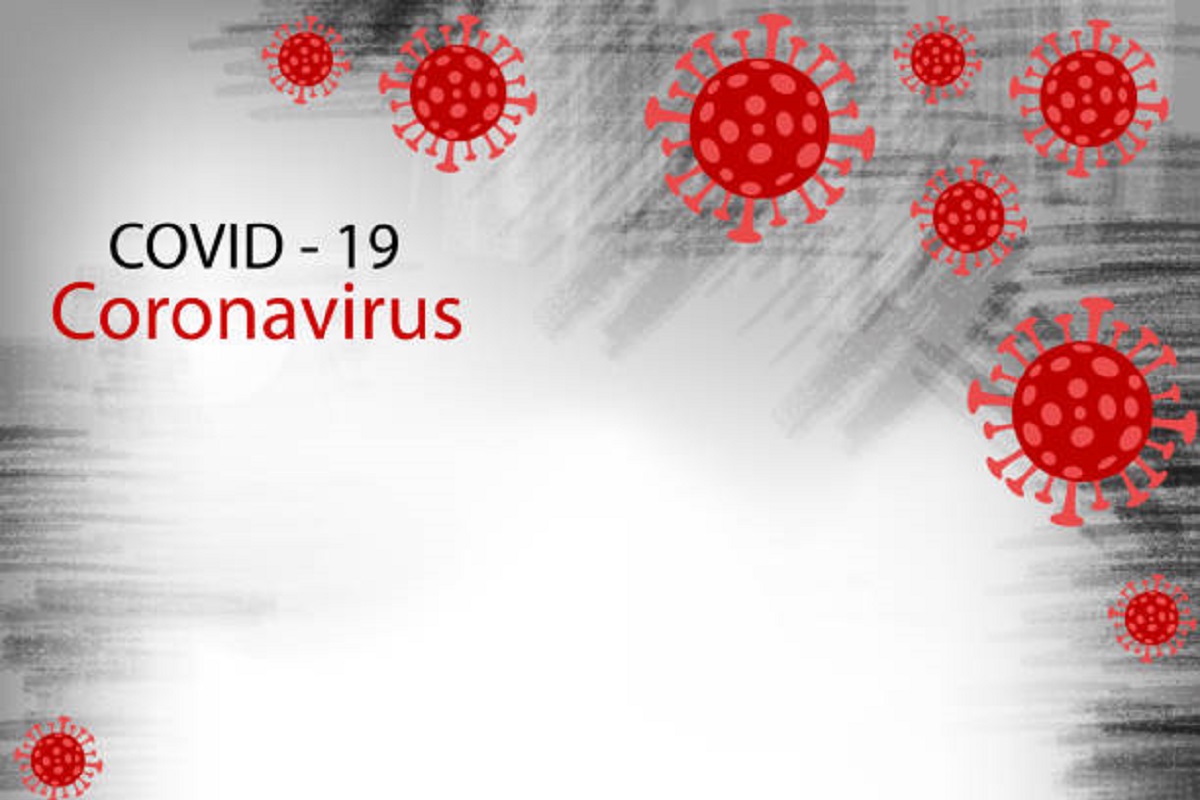In view of the Covid-19 cases spiralling across the nation with Omicron as predominant circulating strain, the Centre on Wednesday issued revised guidelines for home isolation of mild and asymptomatic patients.
The patient under home isolation will stand discharged and end isolation after at least 7 days from testing positive and they shall continue wearing masks. There is no need for re-testing after the home isolation period is over.
Advertisement
Asymptomatic contacts of infected individuals need not undergo Covid test and monitor health in home quarantine as per the new guidelines.
“Patient should at all times use triple layer medical mask. They should discard mask after 8 hours of use or earlier if the mask becomes wet or is visibly soiled. In the event of Caregiver entering the room, both Caregiver and patient may preferably consider using N-95 mask,” said the new guidelines.
The mask should be discarded after cutting them to pieces and putting in a paper bag for a minimum of 72 hours.
Isolating himself from others and especially with elderly people with comorbidities, the patient should stay in a well-ventilated room with cross ventilation and windows should be kept open to allow fresh air to come in.
The patients have been advised to self monitor the blood oxygen saturation with a pulse oximeter. The patient may self-monitor breathing rate, respiratory rate in sitting position, breathe normally and count the number of breaths taken in 1 full minute and report promptly if any deterioration of symptom is noticed, says the new guidelines.
Elderly patients aged more than 60 years with co-morbid conditions will only be allowed home isolation after proper evaluation by the treating medical officer.
The patients suffering from immune compromised status (HIV, Transplant recipients, Cancer therapy etc) are not recommended for home isolation and shall only be allowed home isolation after proper evaluation by the treating Medical Officer, said the guidelines.
For the treatment for patients with mild, asymptomatic disease in home isolation, the Ministry has advised that patient may utilize the tele-consultation platform made available by the district, state administration.
If fever is not controlled with a maximum dose of Paracetamol 650 mg four times a day, consult the treating doctor, said the new guidelines.
The patients have been advised to perform warm water gargles or take steam inhalation thrice a day.
The guidelines, however prohibit to rush for self-medication, blood investigation or radiological imaging like chest X ray or chest CT scan without consultation from treating Medical Officer.
Steroids are not indicated in mild disease and shall not be self-administered. Overuse and inappropriate use of steroids may lead to additional complications, the new guidelines said.
The immediate medical attention must be sought if serious signs or symptoms develop which may include unresolved high-grade fever of more than 100 degree F for more than 3 days.
Difficulty in breathing and dip in oxygen saturation (SpO2 93 per cent on room air at least 3 readings within 1 hour) or respiratory rate @24/minute.
If patient feels persistent pain or pressure in the chest or any mental confusion or inability to arouse along with severe fatigue and myalgia, immediate medical advise should be sought as per the new home isolation guidelines.
The concerned district administration under the overall supervision of State Health Authority shall be responsible for monitoring the patient under home isolation.
